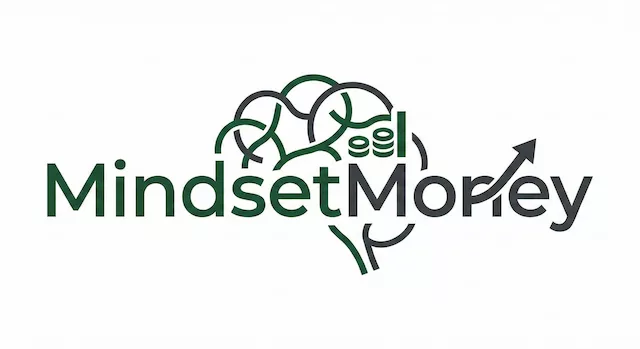Quick note before we start: this article looks at common money mistakes many Canadians make. It’s meant to share general ideas, not personal financial advice.
Managing money can feel overwhelming, especially if you’re new to Canada or just starting out. The truth is, most people make the same mistakes again and again. The good news? Once you know what they are, you can avoid them. Let’s go through the biggest ones.
Mistake #1: Carrying High-Interest Debt for Too Long
Credit cards in Canada often charge around 20% interest. If you only make the minimum payment, you’ll stay in debt for years. That’s money that could have gone into savings or investments.
How to avoid it:
- Pay more than the minimum, even a little extra helps.
- Consider a low-interest line of credit or balance transfer if you’re stuck.
- Once debt is under control, redirect those payments into your TFSA or RRSP.
Mistake #2: Ignoring the TFSA
A Tax-Free Savings Account (TFSA) isn’t just for savings — you can hold ETFs, stocks, and bonds inside it. Many people skip it because they don’t understand it or think it’s “just a savings account.” That’s leaving tax-free growth on the table.
How to avoid it:
- Open a TFSA early, even if you only invest $50/month.
- Use it for long-term investments, not just cash.
- Check your annual contribution room on the CRA website.
Mistake #3: Putting Off Investing
A Bank of Canada report shows Canadians often hold too much in cash. Waiting for the “perfect time” to invest usually means you miss years of compound growth.
How to avoid it:
- Start small with an index ETF (e.g., Vanguard, iShares, BMO, Fidelity all offer one-fund portfolios).
- Automate contributions every month.
- Remember: time in the market beats timing the market.
Mistake #4: Not Having an Emergency Fund
Life happens — job loss, car repairs, medical bills. Without savings, people turn to credit cards or payday loans.
How to avoid it:
- Aim for at least 3 months of expenses in a high-interest savings account.
- If that feels impossible, start with $500 and build up.
- Keep it separate from your everyday spending account.
Mistake #5: Forgetting About Diversification
Many Canadians put all their money into Canadian banks or real estate. That leaves you exposed to one sector or country. Research from Fama & French shows diversification reduces risk without lowering expected returns.
How to avoid it:
- Hold Canadian, U.S., and international ETFs.
- Add some bonds or GICs for stability (especially if you’re closer to retirement).
- Check your portfolio once a year, not every week.
Mistake #6: Chasing Hot Stock Tips
Your coworker swears by a new tech stock. A friend tells you to buy crypto because it “always goes up.” Acting on hype usually ends in regret.
How to avoid it:
- Stick to a written investment plan (like a simple index ETF portfolio).
- If you want to speculate, limit it to 5% of your portfolio.
- Remember what Morgan Housel says: investing is about behavior, not intelligence.
Mistake #7: Overlooking Retirement Accounts
Some people avoid their RRSP because they think they’ll “pay taxes later anyway.” But RRSPs give you a tax deduction now, which can free up cash to invest more.
How to avoid it:
- Contribute when your income is higher (you get a bigger tax break).
- Use tax refunds to pay off debt or add to your TFSA.
- If your employer matches RRSP contributions, always take it. That’s free money.
Final Takeaway
Most money mistakes are simple: debt, delay, and lack of planning. The fix is also simple, pay off high-interest debt, use your TFSA/RRSP, invest early, and diversify.
Next step: If you’re just starting out, read my guide on What Are Index Funds and ETFs, and Why Should Canadians Invest in Them? or How to Diversify Your Investment Portfolio: A Beginner’s Guide.
Disclaimer
This article is for informational purposes only and does not constitute financial, legal, or tax advice. Everyone’s situation is different. Before making any financial decisions, consult a qualified professional or advisor.
